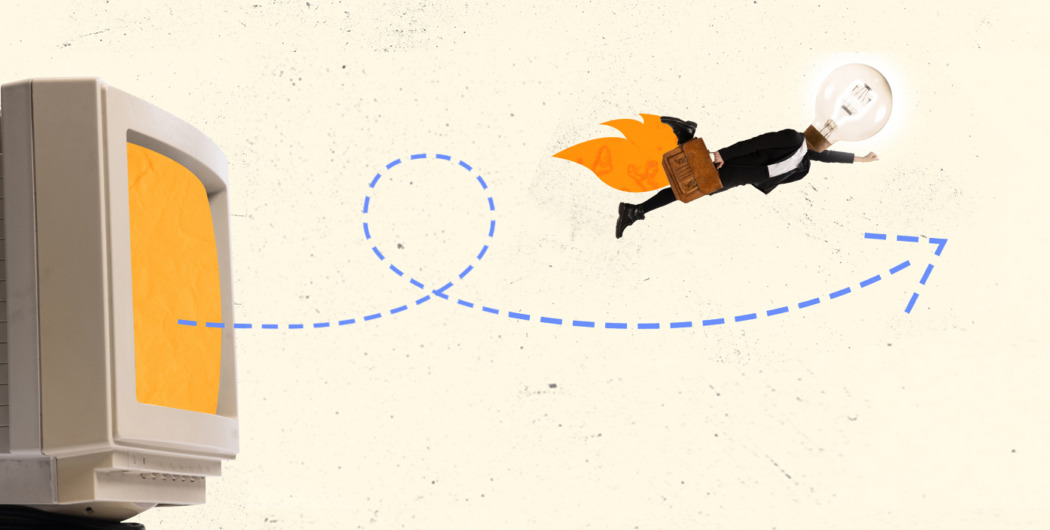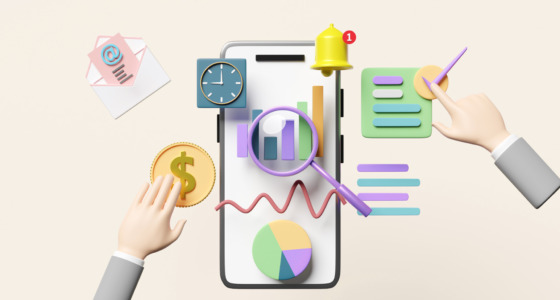

When you’re new to the process, trading on the stock market seems like something complicated and inaccessible. In reality, the process is fairly simple. All you need to start trading on the stock market is a computer with an internet connection and a trading program installed.
Did you know that India’s Bombay Stock Exchange far predates computers and exchange terminals? It was established by a cotton merchant named Premchand Roychand in 1875, and over the decades has grown into a stock exchange with over 5,000 listed companies.
The most difficult part of stock trading is understanding the market and stock charts. But if you learn how to monitor and interpret changes in cost, you should be able to do well.
What do you need to get started?
There are three things you need to get started trading on the stock market: a computer with internet access, a trading terminal, and a brokerage account. Brokers allow you access to the market, letting you trade assets in real-time. You cannot enter the stock market without making an account with a broker.
What steps should I follow to start trading?

This section will walk you through the process of getting started in stock trading. If you closely follow these steps, you will find that trading isn’t as complicated as you might think!
1. Choose a broker
Your first task is to choose one that suits your needs. Different brokers provide a varying array of services. At the very least they will provide you with a trading terminal.
Different brokers also charge different commissions fees. Those that charge lower fees may be more appealing as playing short trades is more feasible with them. This gives you a greater chance of being able to make earnings on the market. But they don’t offer financial management.
2. Choose a trading terminal
Your next step is to pick a trading terminal or trading platform. Some are more reliable than others and may offer a wider range of services as well. With a trading platform, you can view the current market, implement different price charts, and purchase or sell stock.
If your broker offers it, you will have the chance to test out the platform using a demo account. This gives you the chance to familiarize yourself with the software and its various functions.
3. Install the terminal
Once you’ve selected your preferred terminal, it’s time to install it onto your computer. Once it’s installed, you should ask yourself what type of trading strategy you are going to use. Practicing on a demo account is always a good idea.
Most novice traders use a bull speculation strategy, buying assets with the hope of selling them at a higher price. As with any trading strategy, this has its pros and cons. On the one hand, traders who use this technique always have their next move planned out; on the other, it doesn’t allow for much flexibility as to when you enter the market.

What to be careful of
Many people don’t realize how large a role psychology plays in stock trading. When you’ve purchased shares and are hoping to get returns from them, it can be difficult to close your position if the market turns against you. You may keep your position open, hoping that your luck will turn at the last second, losing a lot of cash in the process.
Your exchange platform should allow you to set a stop-loss order. After the stock reaches the price you set, your position will be closed automatically.
Conclusion
Once you get to grips with the basics of stock market trading, you’ll probably find it’s not as complicated as you think. Keep control of your emotions and do your research, and you’ll have much better chances of success.








